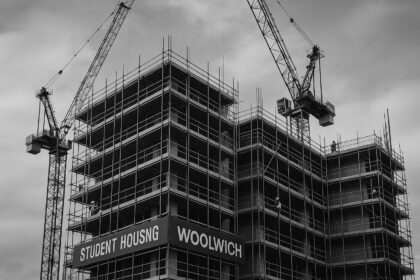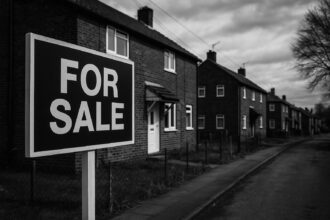The UK government, under Community Secretary Michael Gove, faces criticism from Muslim organisations and human rights advocates over a new, narrow definition of extremism, amid fears it may undermine democracy and free speech.
The UK government, led by Community Secretary Michael Gove, has introduced a new definition of extremism amidst controversy and criticism from various British Muslim organisations and civil rights advocates. The updated definition, narrower and more focused than its 2011 predecessor under the Prevent strategy, targets ideologies that undermine democracy, fundamental rights, and the UK’s democratic system, with a specific focus on groups promoting violent ideologies.
Michael Gove named the Muslim Association of Britain (MAB), Cage, and Mend in the Commons, provoking strong objections from these groups. Mend’s CEO challenged Gove to substantiate his claims outside parliament and threatened legal action if Mend is listed as an extremist group. Cage, 5Pillars, and other organisations expressed concerns over the impact on free speech and the potential for arbitrary government interventions.
Critics, including the Islamic Human Rights Commission, have condemned the new definition as a threat to democracy, aimed at stifling public debate and politicising anti-extremism efforts. They argue it attacks free speech and exacerbates tensions between communities. The Archbishop of Canterbury and former home secretaries have similarly warned against the risks of alienating Muslim communities and infringing on fundamental rights. Leading British Imam Qari Asim also cautioned that the definition could inadvertently drive extremism underground, making it easier for true extremists to manipulate those sentiments.
The policy has sparked debate within and outside the Conservative party, with concerns over its implications for environmental, trans rights, and gender-critical campaigners. To oversee the application of the guidelines consistently, the government plans to introduce a “counter-extremism centre of excellence.”
Despite assurances from Michael Gove that the definition will not suppress free speech or target environmental groups, critics fear the broad and vague wording could have unintended negative consequences. The Archbishops of Canterbury and York have voiced concerns over the disproportionate impact on Muslim communities and the threat to freedoms like speech and worship.
This move is part of a broader crackdown on protests in the UK, raising questions about the government’s commitment to democratic principles amid rising incidents of Islamophobia, antisemitism, and radicalisation. Calls for a more nuanced and holistic approach to tackling extremism have emerged, emphasizing the need for inclusivity and collaboration in promoting social cohesion and combating radical ideologies.













